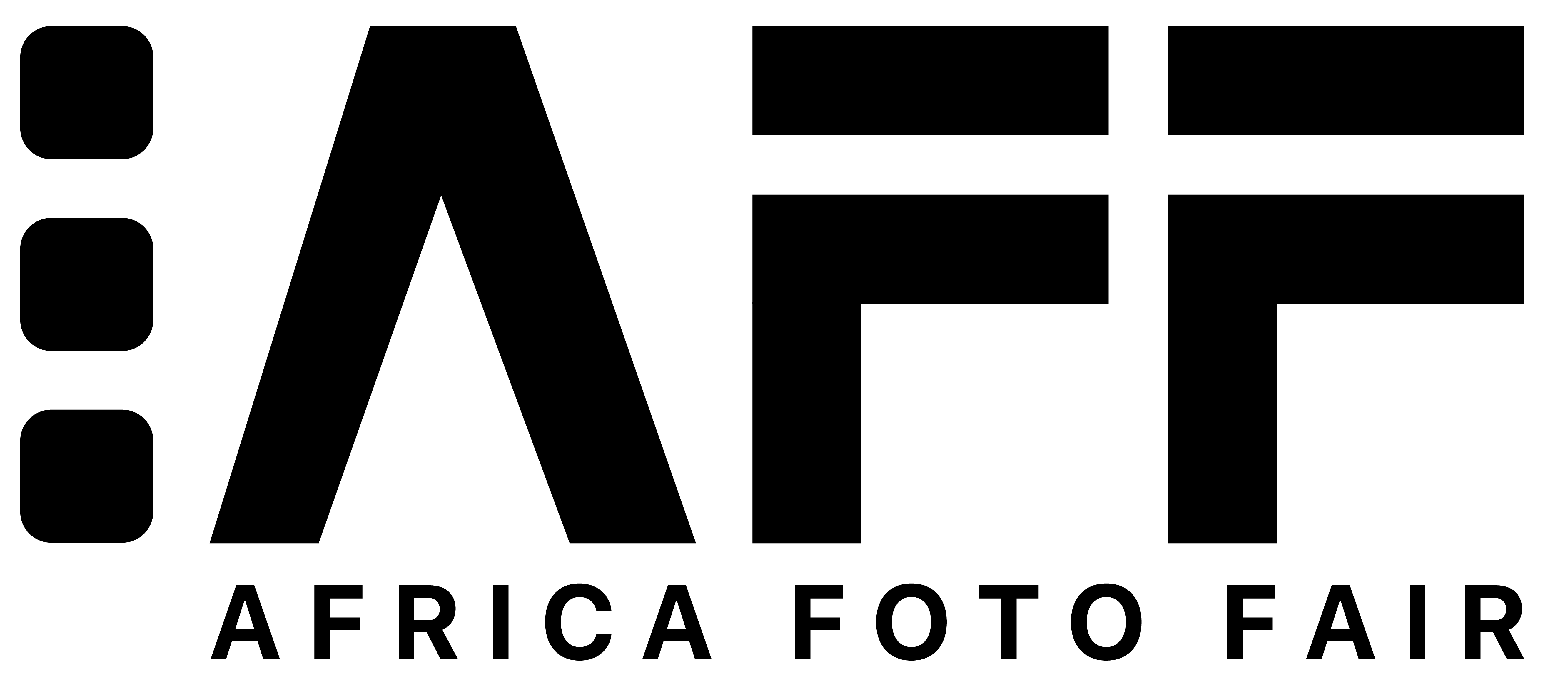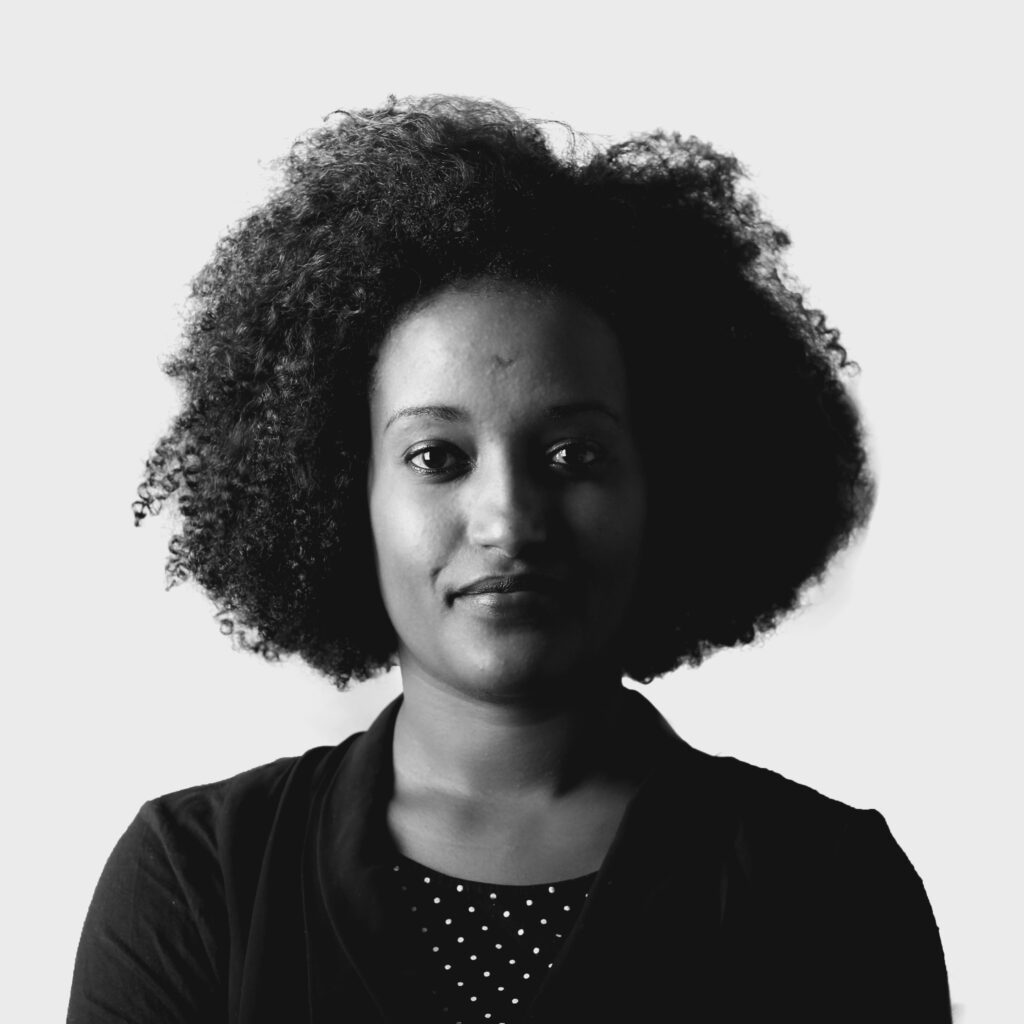An authentic image, for me, is an image that depicts the reality of a people without the intent to mock or glamourize it to make it suit a particular narrative/notion about that place.
Meseret Argaw, Ethiopia Tweet
Meseret Argaw was born in 1989 in Addis Ababa, Ethiopia. Her fascination for photography started when she won a camera in a writing competition in 2011. After graduation in textile engineering, she did a master’s degree in photography and filmmaking. She took part in various workshops including the UNESCO journalism workshop in 2015 and the Canon Student Development Programme in 2021. She also took part in group exhibitions such as “In Quest for” at the Goethe Institute in 2015 and the Addis Foto Fest in 2016.
Meseret Argaw’s works explore identity, history, and dreams. Her work incorporates everyday cultural materials to tell a story. In 2022, she received a scholarship sponsored by the Daniele Tamagni Grant for a one-year enrolment in the photojournalism and documentary photography program at the Market Photo Workshop in South Africa, Johannesburg.
Meseret Argaw’s works explore identity, history, and dreams. Her work incorporates everyday cultural materials to tell a story. In 2022, she received a scholarship sponsored by the Daniele Tamagni Grant for a one-year enrolment in the photojournalism and documentary photography program at the Market Photo Workshop in South Africa, Johannesburg.
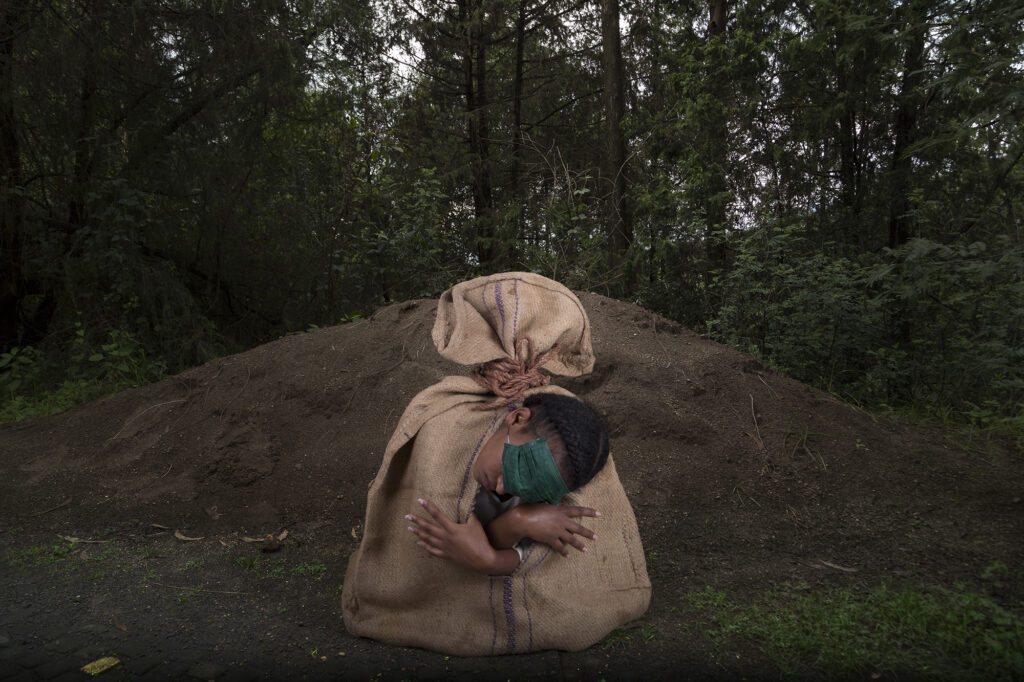
How did you come into photography?
Photography came into my life when I went to Bahir Dar University for my further education. I started telling my friends I was going to get a camera to chronicle the new things that I had become a part of all of a sudden. I believe it was because it was my first visit to such a vibrant location like Bahir Dar. In the summer after my first year, I entered a writing contest sponsored by UNICEF and won a point and shoot camera that I discovered in a newspaper used for packaging. This struck me as a sign from God, as if he was telling me that photography was all I needed to do. After completing my textile engineering studies, I enrolled in a year-long night course at Master fine art and vocational training center in photography, videography, filmmaking, and editing, which allowed me to gain a basic understanding of the art form. After that, I took other workshops in addition to my day job, which helped me have a better grasp of photography. However, I still have a lot to learn.
What inspires you the most when you are creating your pieces?
When I’m working on a project, there are a number of things that motivate me. My passion for photography serves as the foundation for all of my inspirations. It came into my life as a gift and enabled me to tell stories I’d never been able to say before. The more I learn about it, the more I realize how enigmatic it is, and how it is one of the greatest contributions humans have made to the planet. I generally use personal experiences or stories I’ve heard, which have allowed me to present a story from a personal perspective. Another point is cultural objects or any object, like every human individual, have a story to tell and something to say. It will tell you something if you look at it with care, much like a real being. Music is another source of inspiration for me. Music is a secure and calm area where I find ideas, learn to express myself, and gain a better understanding of human beings. It is also a safe and tranquil location that transports me to a place I have never been physically. I’m also inspired by TV drama series and documentary films, as well as reading novels that allow me to immerse myself in a tale. Even if I’m merely a viewer or reader, I attempt to immerse myself in the story, which helps me to think, feel, and express myself. Every tale, no matter how personal, opens a door in another person, and as a result, I attempt to understand the door that various mediums open in me.
Photography came into my life when I went to Bahir Dar University for my further education. I started telling my friends I was going to get a camera to chronicle the new things that I had become a part of all of a sudden. I believe it was because it was my first visit to such a vibrant location like Bahir Dar. In the summer after my first year, I entered a writing contest sponsored by UNICEF and won a point and shoot camera that I discovered in a newspaper used for packaging. This struck me as a sign from God, as if he was telling me that photography was all I needed to do. After completing my textile engineering studies, I enrolled in a year-long night course at Master fine art and vocational training center in photography, videography, filmmaking, and editing, which allowed me to gain a basic understanding of the art form. After that, I took other workshops in addition to my day job, which helped me have a better grasp of photography. However, I still have a lot to learn.
What inspires you the most when you are creating your pieces?
When I’m working on a project, there are a number of things that motivate me. My passion for photography serves as the foundation for all of my inspirations. It came into my life as a gift and enabled me to tell stories I’d never been able to say before. The more I learn about it, the more I realize how enigmatic it is, and how it is one of the greatest contributions humans have made to the planet. I generally use personal experiences or stories I’ve heard, which have allowed me to present a story from a personal perspective. Another point is cultural objects or any object, like every human individual, have a story to tell and something to say. It will tell you something if you look at it with care, much like a real being. Music is another source of inspiration for me. Music is a secure and calm area where I find ideas, learn to express myself, and gain a better understanding of human beings. It is also a safe and tranquil location that transports me to a place I have never been physically. I’m also inspired by TV drama series and documentary films, as well as reading novels that allow me to immerse myself in a tale. Even if I’m merely a viewer or reader, I attempt to immerse myself in the story, which helps me to think, feel, and express myself. Every tale, no matter how personal, opens a door in another person, and as a result, I attempt to understand the door that various mediums open in me.
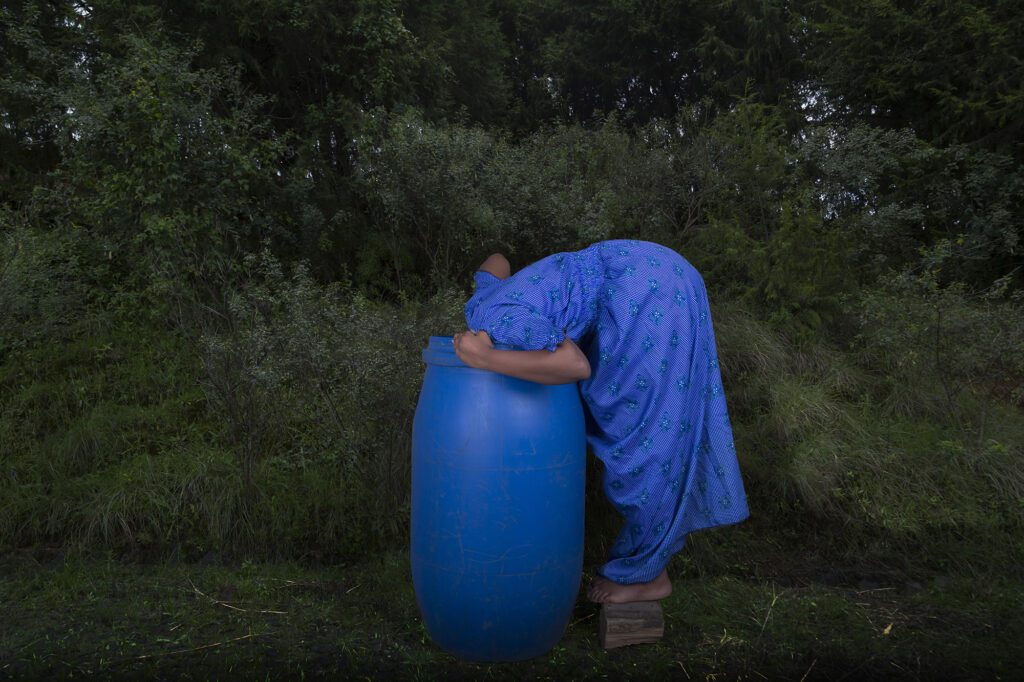
Why did you choose fine art photography and what has been the greatest reward for you?
Even though I didn’t realize it at the time, I was introduced to fine art photography when I conducted my graduation photography project at Master fine art and vocational training institution. However, when I began working on my personal project, ‘Untitled,’ a mentor advised me to read up on conceptual photography. I realized the power it gives an artist after reading about it because it helps them to organize the frame and execute in a controlled atmosphere. It allows the artist to create a story in the present tense, even though the story took place in a different time or place. The freedom it gives me as a photographer to express myself or a concept in an unlimited number of ways is the greatest reward. The other benefit is that it helps me to go through a creative process when working on projects. The creative process pushes me to learn more about project subject, to think critically, to be more creative, to see things from other perspectives, and to push myself beyond my comfort zone. When I surrender to this process, it teaches me everything I need to know. It also taught me to be active and concentrated, and to always be on the lookout for new ideas, whether I’m working on a project or not. It taught me to carefully notice spaces, objects, the way people dress, sit, or stand, and to always be on the lookout for new ideas.
What advice would you give emerging talents in Africa on becoming a photographer?
When everyone goes through it individually, they will learn the lesson that is required of them. But it was delving into myself and discovering what I actually cared about in terms of whatever stories I want to tell or how I want to tell them that benefited me the most. And it was thanks to the assistance of some expert photographers that I was able to accomplish this. It is beneficial to a person’s growth to always be open to receiving input, even if it is negative. But I don’t believe there is such a thing as negative feedback; I feel that every piece of feedback is an opportunity to learn something new. Always keeping in mind that you don’t know much and that you have a lot to learn is something I believe will assist a person go deeper into what photography is all about and go much further. I’m always under the impression that I don’t know much, and this belief motivates me to learn more. Taking part in portfolio reviews is a great idea. Portfolio evaluations are one of my favorite things to do since I get input from industry professionals on my projects and see angles I wouldn’t have considered otherwise. Portfolio assessments have aided in my development as a photographer.
What is the most important lesson you have learnt so far?
I’ve learned that photography, like nature and life, is a mysterious art form that is impossible to fully comprehend. However, if you surrender to the process, you will be able to experience some of its magic. Regardless of how much we attempt to control what is included or excluded from the frame, the photograph will always succeed in creating itself.
Even though I didn’t realize it at the time, I was introduced to fine art photography when I conducted my graduation photography project at Master fine art and vocational training institution. However, when I began working on my personal project, ‘Untitled,’ a mentor advised me to read up on conceptual photography. I realized the power it gives an artist after reading about it because it helps them to organize the frame and execute in a controlled atmosphere. It allows the artist to create a story in the present tense, even though the story took place in a different time or place. The freedom it gives me as a photographer to express myself or a concept in an unlimited number of ways is the greatest reward. The other benefit is that it helps me to go through a creative process when working on projects. The creative process pushes me to learn more about project subject, to think critically, to be more creative, to see things from other perspectives, and to push myself beyond my comfort zone. When I surrender to this process, it teaches me everything I need to know. It also taught me to be active and concentrated, and to always be on the lookout for new ideas, whether I’m working on a project or not. It taught me to carefully notice spaces, objects, the way people dress, sit, or stand, and to always be on the lookout for new ideas.
What advice would you give emerging talents in Africa on becoming a photographer?
When everyone goes through it individually, they will learn the lesson that is required of them. But it was delving into myself and discovering what I actually cared about in terms of whatever stories I want to tell or how I want to tell them that benefited me the most. And it was thanks to the assistance of some expert photographers that I was able to accomplish this. It is beneficial to a person’s growth to always be open to receiving input, even if it is negative. But I don’t believe there is such a thing as negative feedback; I feel that every piece of feedback is an opportunity to learn something new. Always keeping in mind that you don’t know much and that you have a lot to learn is something I believe will assist a person go deeper into what photography is all about and go much further. I’m always under the impression that I don’t know much, and this belief motivates me to learn more. Taking part in portfolio reviews is a great idea. Portfolio evaluations are one of my favorite things to do since I get input from industry professionals on my projects and see angles I wouldn’t have considered otherwise. Portfolio assessments have aided in my development as a photographer.
What is the most important lesson you have learnt so far?
I’ve learned that photography, like nature and life, is a mysterious art form that is impossible to fully comprehend. However, if you surrender to the process, you will be able to experience some of its magic. Regardless of how much we attempt to control what is included or excluded from the frame, the photograph will always succeed in creating itself.
